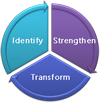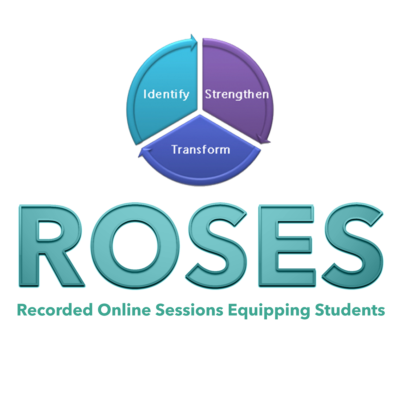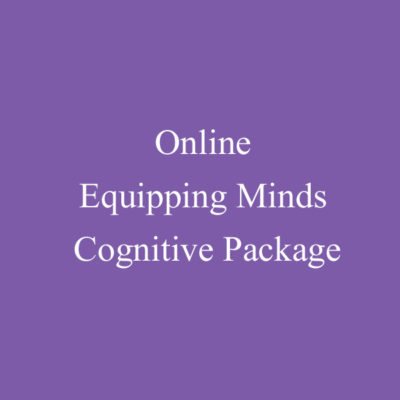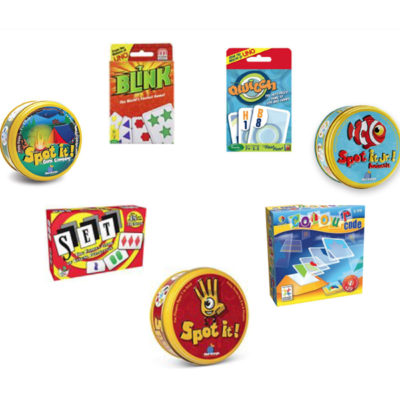No matter where you live, it is a tough job market right now. Many workers are expected to keep increasing their productivity, even in the midst of the stress that comes with company reorganizations or layoffs. Our program enhances employee performance, corporate culture, executive leadership with immediate and measurable results.
Brain Coaches and Professional Development
Research and our own experiences have shown that brain training can boost memory and processing speed and executive functioning in adults. You can be sharper at work, school, and home – better able to reach career and personal goals. You can be more capable of handling an abundance of information. We serve as short-term “brain coaches” for our adult clients. We work with you on a confidential, individualized plan to strengthen your cognitive skills on Skype. We are now offering online group sessions for businesses. We can also work with you on stress management and on nutritional choices if needed. Our adult learners boost their productivity and improve their memory.
If you are interested in a Professional Development Workshop, contact us for more information.
Equipping Aging Minds That Have Special Needs
Mediated Learning Experiences maintain cognitive skills
When we talk about a person with special needs, we often think of children in school. But some of us who are aging may find ourselves or those close to us having special needs.
Living Well 50+ means maintaining those cognitive skills and talents that have been part of our lives for several decades. But recently, friends and loved ones may have observed some slippage. It may show itself in being forgetful at times, regardless of our age. If a loved shows some of the early warning signs of dementia – such as memory lapses, poor judgment, difficulty thinking some things through, limited or faulty communication skills and/or periods of disorientation to time and place – short-term memory may need special attention.
The presence of mild cognitive impairment (MCI) in a loved one explains memory loss that is more pronounced than typical age-related forgetfulness. MCI will cause an inability to recall short- term memories such as recent events, while long-term memory seems still intact. Some research estimates 4 percent of Americans between the ages of 65 and 74 years have some form of dementia, including Alzheimer’s disease.
There are options for those showing some signs of mental deterioration, including the use of Mediated Learning Experiences (MLE). Israeli psychologist Dr. Reuven Feuerstein is credited with introducing structural cognitive modifiability (SCM), which uses MLEs to trigger and enhance our brains as we age. Feuerstein argued that a person’s capability to learn is not solely determined by genetic make-up but is assisted by cognitive enhancement achieved through MLEs. Feuerstein assigns the major role to a human media- tor who uses the right tools for training the brain.
Just as physical exercise is important for muscle tone and strengthening in aging, so mental exercise may be beneficial for individuals showing early signs of dementia. Cognitive skills exercises with a trained professional may improve one’s working memory, spatial awareness and the ability to visualize location and direction. These skills are crucial for performing complex tasks, such as understanding and remembering directions. Visual and auditory learning have become very important in aging, so the ability to hold and recall visual and auditory information is an important skill to enhance. Reading comprehension exercises aid in building this skill. Techniques designed specifically to strengthen visual and auditory ability can provide some an improved quality of life.
Visual memory skills training can maintain and boost a person’s ability to recognize faces, distinguish colors and hold mental “pictures” of information. Logic and reasoning exercises are designed to enhance the ability to recognize patterns and observe and assess information more efficiently. Carol Brown, M.Ed., a specialist in this brain-training model at all ages, said, “We are able to train educators, therapists and other specialists in our multidisciplinary approach, which increases one’s capacity to learn. Structural Cognitive Modifiability provides a proven set of exercises through a hands-on approach.” The brain and IQ are not stagnant but can be strengthened with the right tolls and instructional methods.The spectrum of skill-training segments associated with SCM brain training may benefit a variety of individuals across the life span. Living Well 50 Plus Magazine Jan/Feb 2015
Thomas W. Miller Ph.D. ABPP
Professor Emeritus & Senior Research Scientist
Center for Health, Intervention & Prevention, University of Connecticut
Department of Psychiatry, College of Medicine, University of Kentucky
“Where are My Keys?”
Cognitive Exercises for Adults
Just as I have monitored my physical health and modified my lifestyle to improve and maintain my wellbeing as I’ve aged, I have also become interested in improving and preserving my cognitive skills. As long as I live, my goal is to live well, and so, after learning of Carol Brown’s cognitive development program, I contacted her.
I enrolled with three friends in a 12-week cognitive exercise program designed specifically for adults. As an experiment, the objective was to compare what could be done with the mature adult mind versus that of the struggling student, with the common goal of enhancing the quality of life. Our commitment was to meet for an hour, five days a week to perform cognitive exercises with our coach.
This multifaceted course also required daily independent practices, which consisted of a short set of physical exercises, sound therapy, and “cognitive homework” exercises. The group setting provided the benefits of healthy competition, socialization, accountability, and support.
The processing speed exercises, such as Blink, were helpful given that I work many projects with strict deadlines. Thinking quickly and clearly while making good decisions under pressure is critical to my professional performance. Though the game is designed to stretch and strengthen one’s cognitive capacity, playing Blink with friends did not seem like “exercise” or “work” to us.
Working memory, spatial awareness, and the ability to visualize location and direction are skills that are crucial in performing complex tasks, such as understanding and remembering directions while traveling to remote areas for screenings and speaking engagements. Again, the games involved in enhancing these functions felt like time with friends and not necessarily “work.”
Auditory learning has become very important as my eyesight has begun to diminish, so the ability to hold and recall auditory information was a great skill for me to develop. Learning to transpose what I hear into a mental image has enhanced my ability to recall the information later.
My auditory processing and phonemic awareness has improved with the use of sound therapy. In combination with the exercises, the result was an enhanced ease of memorizing poetry and Scriptures—two of my favorite cognitive pastimes.
Visual memory improvement has been the biggest surprise for me. Having previously lost the ability to recognize faces, distinguish colors, and hold mental “pictures” of information, I had experienced a great reduction in my ability to recall information—i.e. to “remember things.” Amazingly, however, I found that working the puzzles had generalized to other areas of my life. The puzzles, which often provided cues to the solution process, helped to develop my ability to “see” where I left my keys, a file folder, or other various objects. Simply put, it has reduced the hassle of “finding stuff.” Looking for my keys in particular was at least a daily event. Today it is a rare occurrence.
Logic and reasoning exercises, like Extreme Tic Tac Toe and Set, did not feel like learning sessions, but the results were as if they had been. I now have enhanced abilities to recognize patterns and to observe and assess quickly—both great skills for a clinician.
Reading comprehension exercises utilized literature excerpts like Aesop’s Fables, one of my favorite genres, to build skills in recalling both visual and auditory information. The primary result seen was not having to re-read items repeatedly in order to recall and apply them to a present situation.
Vestibular screening is conducted by testing the ability to balance on one leg. Prior to the loss of my depth perception I taught yoga. My favorite pose was “The Tree” – balancing on one leg. I had not taught or done “The Tree” for years. I can now do “The Tree” for short periods of time, and I can enjoy again the practice of yoga with my improved balance. More importantly, though, the improved vestibular balance has decreased the risk of falling.
Our formal cognitive development classes have ended, but my friends and I continue to gather weekly to play our games, share stories, and hold each other accountable. We like to formulate hypotheses about what else we could do to increase the complexity of what we’ve learned so we may continue enhancing and preserving the quality of our lives as we age.
This has been a commitment of time and money for each of us toward the goal of living well by serving God and serving others. It has been a worthwhile journey.
Audrey Powell
Contact us to find out more.



